Ants in my House | Ant Control: Banish Ants in My House Effectively
According to entomologist Jody Gangloff-Kaufmann, odorous house ants are the most common ant species to invade homes. While they are considered a nuisance pest and won't transmit disease or cause damage, carpenter ants can chew through wood and potentially damage structures. Simply using ant poison is not effective; it's important to identify what attracts ants to your house and how they're getting in.
By understanding the behavior of ants and taking preventive measures, you can keep your home ant-free. Our comprehensive guide will walk you through identifying different ant species, preventing ants from coming inside, and using non-toxic methods to get rid of them. We'll also explore the best natural remedies for eliminating and repelling ants.
If the DIY methods don't work or if you're dealing with a severe infestation, we'll also discuss when it's time to seek professional ant control services. Our goal is to provide you with all the information and resources you need to banish ants from your house once and for all.
So, let's get started on your journey to a pest-free home! Check out the following sections to find the best ant control tips and strategies:

With our expert guidance, you'll be armed with the knowledge and tools to effectively deal with ants in your home. Say goodbye to those pesky invaders and reclaim your space!
Identifying Ants and Understanding Their Behavior
Ants come in a variety of sizes and colors, typically lacking wings and sporting pincer-like jaws. These resilient insects can be drawn to your home by a combination of available food sources, water sources, and potential access points. Recognizing the signs of an ant infestation and understanding their behavior are key to preventing ants from infiltrating your indoor spaces.
When it comes to ant species, you should keep a lookout for common varieties such as carpenter ants, fire ants, pharaoh ants, odorous house ants, and pavement ants. Each of these species has its own distinctive characteristics and tendencies.
By familiarizing yourself with the signs of an ant infestation and understanding how ants behave, you can take proactive steps to thwart their entry into your home. This knowledge will empower you to implement effective strategies for preventing ants indoors and safeguarding your living environment from these tiny intruders.
Recognizing the signs of an ant infestation can be essential to keeping these pests at bay:
- Visible ant trails: If you notice a steady stream of ants moving in a line, it could indicate the presence of an ant colony nearby.
- Audible rustling sounds: Some ants, such as carpenter ants, can create a distinct rustling noise as they burrow through wood.
- Piles of wood shavings: Carpenter ants typically discard wood shavings near their nests, which can serve as a telltale sign of their presence.
- An unusual sweet or musty odor: Odorous house ants emit a distinctive odor when crushed, which can help identify their colonies.
Understanding ant behavior can also aid in preventing ants from invading your home:
- Food sources: Ants are relentless when it comes to seeking out food, so ensuring your home is free of crumbs and spills can discourage their presence.
- Water sources: Fixing any leaks or moisture issues can eliminate potential water sources that attract ants.
- Access points: Sealing cracks, gaps, and other entry points can make it challenging for ants to find their way inside.
By being vigilant about identifying signs of ant infestation and understanding how ants behave, you can take proactive measures to prevent ants from infiltrating your home. The subsequent sections will provide you with practical tips and strategies for both keeping ants away and effectively dealing with any infestations that may occur.
How to Prevent Ants from Coming Inside Your Home
To avoid an ant problem, it's important to take preventive measures. By following these simple steps, you can effectively deal with ant nests and prevent ants from coming inside your home.
Proper Food Storage
Store food and organic wastes in sealed containers to prevent ants from accessing them. Ants are attracted to food sources, so keeping them tightly sealed will discourage them from venturing into your home.
Clean Up Spills Immediately
Ants are notorious scavengers and will swarm to any food or liquid left behind. Clean up spills immediately to avoid attracting ants into your living space.
Refrigerate Ripe Fruit
Ripe fruit is a favorite treat for ants. To prevent them from getting too close, store your ripe fruit in the refrigerator. This will help keep ants at bay.
Keep Pet Bowls Clean
Ants are relentless and will not hesitate to invade your pet's food bowl. Keep pet bowls clean and remove any leftover food to prevent ants from being attracted to the area.
Fix Leaks and Moisture Issues
Ants are not only interested in food; they are also attracted to moisture. Fix any leaks or moisture issues in your home to eliminate their water source and discourage ants from entering.
Seal Entry Points
Ants can find their way into your home through even the tiniest cracks and crevices. Seal these entry points to prevent them from gaining access. Use caulk or weatherstripping to seal gaps and cracks around doors, windows, and other potential entry points.
Use Pest Barriers
Installing pest barriers, such as door sweeps or window screens, can help keep ants and other pests out of your home. Make sure these barriers are in good condition and properly installed.
Natural Deterrents
Another effective method to prevent ants from coming inside your home is by using natural deterrents. Sprinkling cinnamon or cayenne pepper along ant trails or near entry points can help to keep ants away due to their strong odor and taste that ants dislike.
By taking these preventive steps, you can effectively deal with ant nests and keep ants from coming inside your home.
How to Get Rid of Ants Using Non-Toxic Methods
If you're looking for natural ways to eliminate ants from your home, there are several non-toxic methods you can try. These methods not only help in getting rid of ants but also prevent future infestations.
One effective natural ant repellent is diatomaceous earth. This powdery substance is made from the fossilized remains of aquatic organisms and can be sprinkled around ant entry points and nest areas. The sharp particles dehydrate ants, causing them to die naturally.
Pepper is another natural ant repellent that you likely have in your kitchen. Sprinkle pepper around areas where ants are entering your home or near their trails to deter them from coming inside.
Essential oils such as peppermint and tea tree oil are also effective in repelling ants. Add a few drops of the oil to a spray bottle filled with water and spray it around windows, doors, and other areas where ants are likely to enter.
If you have a problem with ants in your kitchen or pantry, white vinegar can be a useful solution. Mix equal parts white vinegar and water in a spray bottle and use it to clean countertops, cabinets, and other surfaces. The strong smell of vinegar will help repel ants.
Baking soda or borax can be used to create homemade ant bait traps. Mix equal parts of either baking soda or borax with honey and place the mixture in small dishes near ant trails or entry points. The ants will be attracted to the sweet bait and take it back to their nests, effectively killing the colony.
Another natural deterrent is lemons or oranges. Squeeze the juice from a lemon or orange and wipe it along windowsills, doorways, and other areas where ants are entering. The strong citrus scent repels ants, keeping them from coming inside.
By utilizing these non-toxic methods, you can effectively get rid of ants and keep them from returning. Remember to be patient and consistent in your efforts, as it may take some time to completely eliminate the ant infestation.
Best Natural Remedies for Eliminating and Repelling Ants
When it comes to eliminating and repelling ants, natural remedies can be highly effective without the use of harmful chemicals. Here are some of the best natural solutions you can try to keep ants away from your home:
Borax
Borax is a safe and natural ant killer. Sprinkle borax powder along ant trails and entry points to eliminate ants and deter them from coming inside.
Diatomaceous Earth
Diatomaceous earth is a natural ant repellent that can be sprinkled in infested areas. Its sharp particles will pierce the ants' exoskeleton, causing them to dehydrate and die.
Glass Cleaner and Liquid Detergent
A mixture of glass cleaner and liquid detergent can be sprayed on ants to suffocate them. Combine equal parts of both ingredients in a spray bottle and apply it directly to ants and their trails.
Ground Pepper
Ants dislike the strong smell of ground pepper. Sprinkle it around entry points and areas where ants are present to deter them from coming inside.
Peppermint Oil
Peppermint oil has a strong scent that ants dislike. Mix a few drops of peppermint oil with water and spray it in areas where ants are seen. Refresh the mixture regularly to maintain its effectiveness.

Tea Tree Oil
Tea tree oil is another natural ant repellent. Mix a few drops of tea tree oil with water and spray it on areas where ants are present. This will discourage ants from entering your home.
Lemon Eucalyptus Oil
Lemon eucalyptus oil has a strong scent that repels ants. Dilute a few drops of lemon eucalyptus oil with water and spray it along ant trails and entry points.
White Vinegar
White vinegar not only repels ants but also eliminates their scent trails. Mix equal parts of white vinegar and water and spray it in areas where ants are present to deter them.
Boiling Water
Pouring boiling water into ant nests can effectively destroy the colony. Locate the entry points of the ants and pour the boiling water directly into their nests.
Cornstarch
Cornstarch can suffocate ants by clogging their breathing pores. Sprinkle cornstarch where ants frequent or create homemade ant bait by mixing cornstarch with powdered sugar and water.
Cinnamon Leaf Essential Oil
Cinnamon leaf essential oil acts as a natural ant repellent. Combine a few drops of cinnamon leaf essential oil with water and spray it on ant trails and entry points to keep ants away.
Neem Oil
Neem oil has insecticidal properties that can repel ants. Mix a few drops of neem oil with water and spray it in areas where ants are prevalent to repel them.
Coffee Grounds
Ants dislike the smell of coffee grounds. Sprinkle used coffee grounds in areas where ants are present to deter them from entering your home.
Boric Acid
Boric acid is an effective ant killer. Mix boric acid with powdered sugar and water to create a homemade ant bait. Place this bait near ant trails to attract and eliminate ants.
Lemons
Ants dislike the strong citrus scent of lemons. Squeeze lemon juice or place lemon peels near ant entry points and areas where ants are present to deter them from coming inside.
Using these natural remedies, you can safely eliminate ants from your home and prevent future infestations. Remember to stay consistent with the application and regularly monitor for any signs of ant activity. With these natural solutions, you can maintain an ant-free living environment without the use of harmful chemicals.
Other Natural Strategies to Control Ants
Apart from the mentioned natural remedies, there are other strategies that can help in preventing ants indoors and serving as a natural ant repellent. Here are a few:
Keep Your Yard Clean and Tidy
Ants are attracted to debris and decaying organic matter. Make sure to regularly clean your yard, removing any fallen leaves, branches, and other debris. Additionally, cutting off vegetation that touches the exterior walls of your house can help prevent ants from finding their way inside.
Seal Potential Entry Points
Ants can enter your home through even the smallest cracks and crevices. Inspect your home for any potential entry points, such as gaps around windows, doors, and utility lines. Seal these openings using caulk or weatherstripping to prevent ants from gaining access to your living areas.
Keep Your Kitchen Clean
Ants are always on the lookout for sources of food. By keeping your kitchen clean and free of crumbs and spills, you remove their food supply and discourage them from entering your home. Make sure to store food in sealed containers and wipe up any spills immediately to remove attractants.
Use Natural Ant Barriers
You can create natural ant barriers by using substances that ants dislike. Spices like cinnamon or cayenne pepper can be sprinkled along entry points and other areas where ants might be coming in. The strong scent acts as a natural deterrent and helps prevent ants from crossing these barriers.
By implementing these additional natural strategies, you can further enhance your ant control efforts. Remember, a combination of preventive measures and non-toxic remedies can help you effectively prevent ants from invading your indoor space and ensure a pest-free home.
Professional Ant Control Services
If you're dealing with a severe ant infestation or if the DIY methods are not effective, it may be necessary to seek professional ant control services. Professional exterminators have the expertise and tools to **prevent ants indoors** and effectively identify and eliminate ant colonies. They can provide a customized approach to ant control, tailoring their methods to your specific situation. In addition to eliminating current ant problems, these professionals can offer preventive measures to keep ants away from your home in the long term.
Consulting with a professional ant control service is a wise choice to ensure the complete elimination of ants and the prevention of future infestations. By utilizing their knowledge and experience, you can say goodbye to those pesky ants and enjoy an ant-free home.

Conclusion
To effectively get rid of ants in your house and prevent future infestations, it's crucial to take a multi-pronged approach. Start by identifying the type of ants you're dealing with and understanding their behavior. This knowledge will help you implement targeted ant control tips tailored to your specific situation.
Next, focus on implementing preventive measures to address what attracts ants to your home and how they're getting in. Seal cracks and crevices, fix leaks and moisture issues, and keep your house clean and free of food sources. By creating a barrier and making your home less appealing to ants, you can significantly reduce the likelihood of infestations.
Lastly, consider using non-toxic ant baits and natural repellents. These alternatives are not only safer for you, your family, and your pets but also effective in eliminating ants. Borax-based homemade bait traps and natural remedies like diatomaceous earth, white vinegar, and peppermint oil can help eradicate existing ant colonies and deter new ones from forming.
By following these ant control tips and integrating the best ant baits and natural repellents into your approach, you can achieve long-term ant control and enjoy an ant-free home. Remember, prevention is key, so make sure to stay vigilant and address any signs of ant activity promptly to keep your home ant-free.
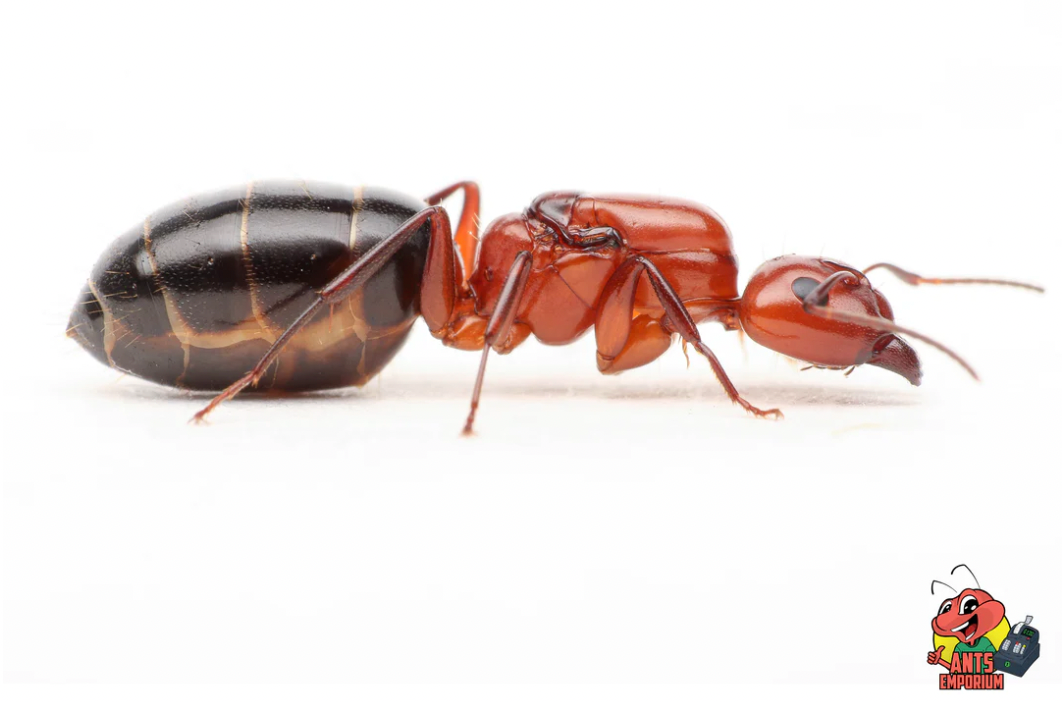
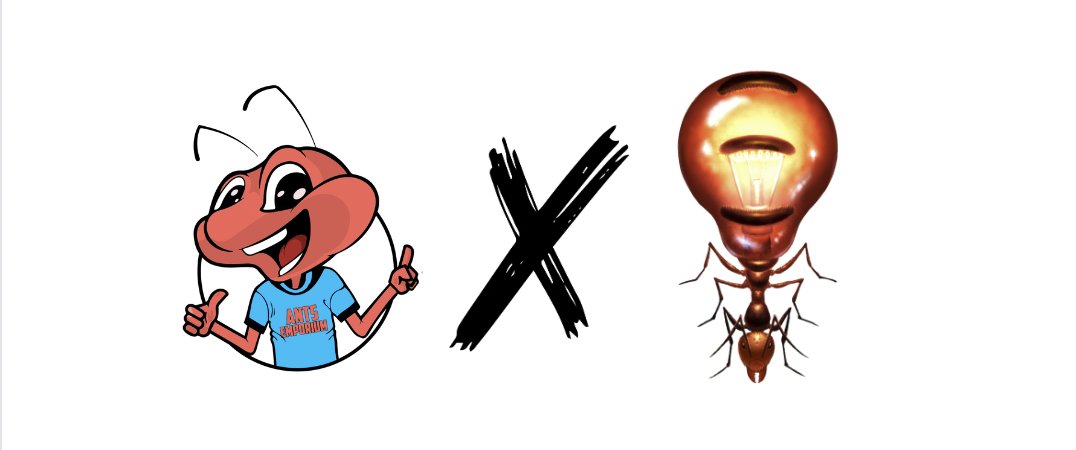
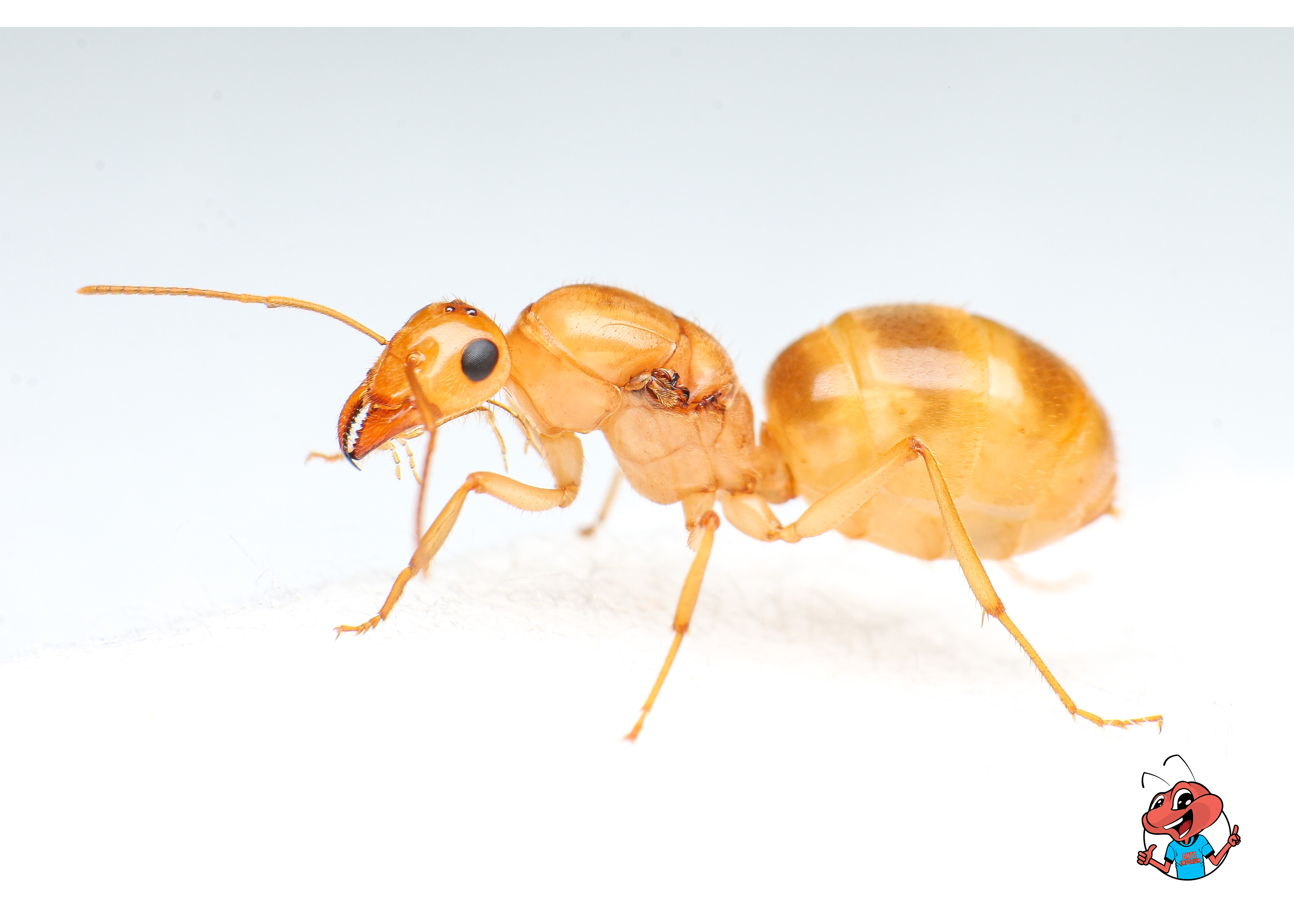
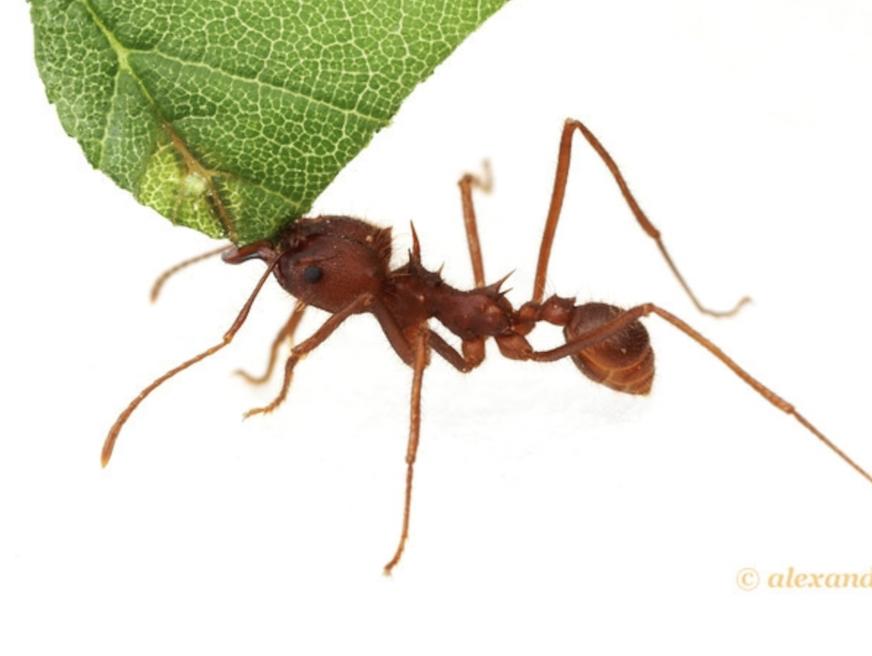
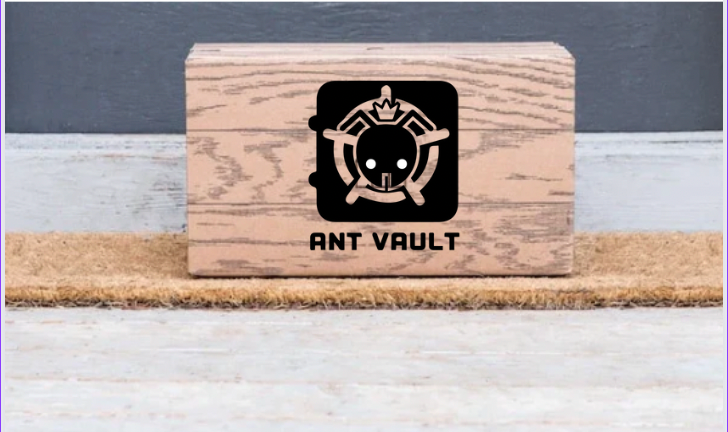


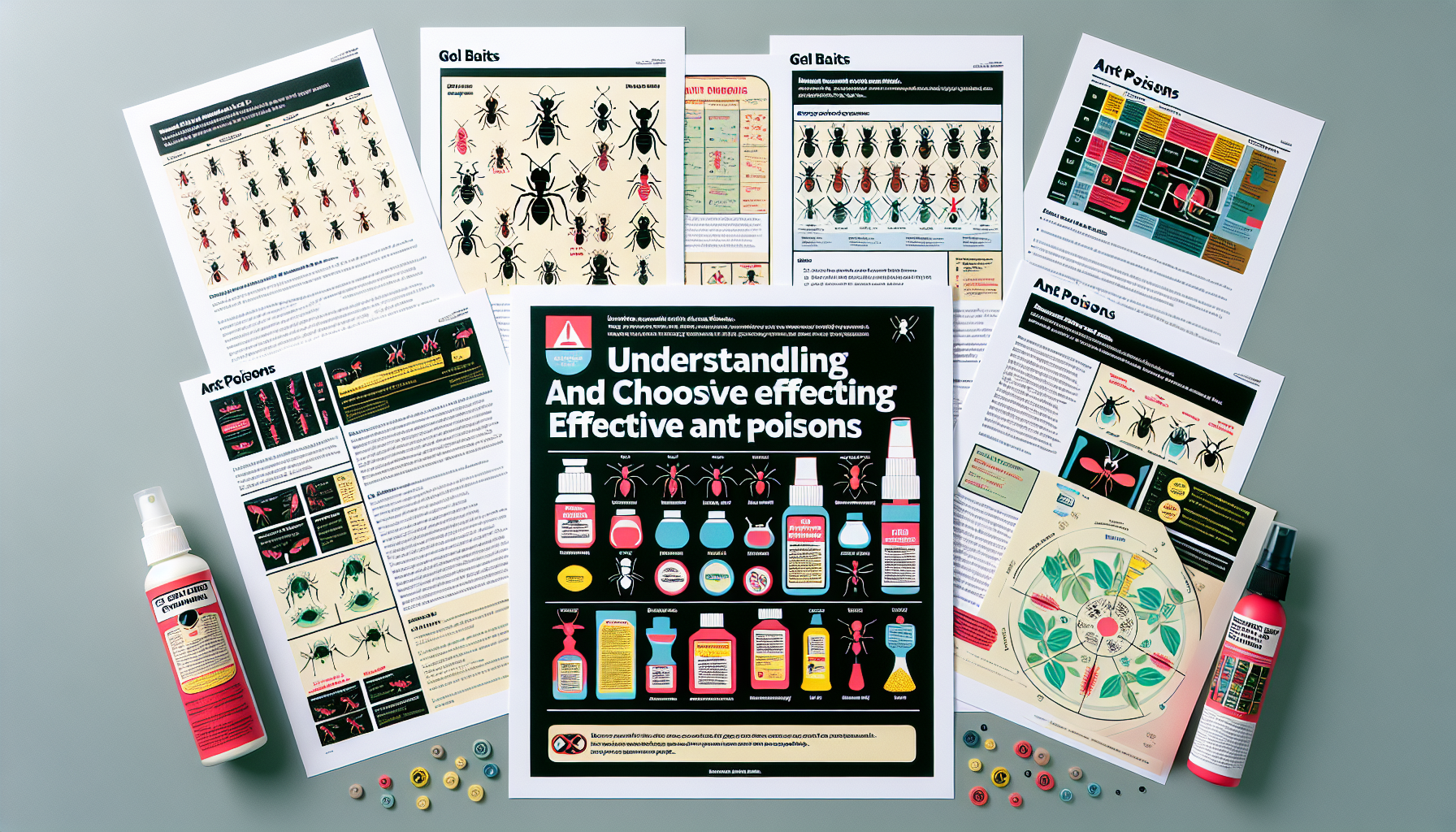
Leave a comment